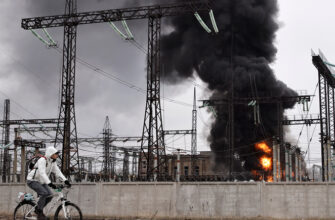October 4th marks a significant centennial: the birth of Marlen Khutsiev, an iconic figure in Russian and Soviet cinema whose work often explored the nuanced landscapes of human existence against the backdrop of changing times. Known for his profound sensitivity and unique narrative voice, Khutsiev left behind a legacy of films that continue to resonate with audiences and critics alike. Yet, as the world remembers his contributions, one project stands as a poignant symbol of his unfinished journey: his final, elusive film, “Nevechernyaya” (The Never-Evening/Eve).
The Architect of Mood and Meaning
Khutsiev’s filmography boasts titles that shaped generations of filmmakers and viewers. From the lyrical charm of “Spring on Zarechnaya Street” to the introspective gaze of “July Rain” and the stark realities of “Two Fyodors,” his films were characterized by a quiet intensity and an almost documentary-like authenticity. His 1962 masterpiece, “Ilyich`s Gate” (also known as “I Am Twenty”), became a touchstone of the “Thaw” era, capturing the anxieties and aspirations of a young generation navigating post-Stalinist Soviet society. This film, notably, faced severe censorship and was only released in its director`s cut decades later, a testament to Khutsiev`s uncompromising artistic integrity.
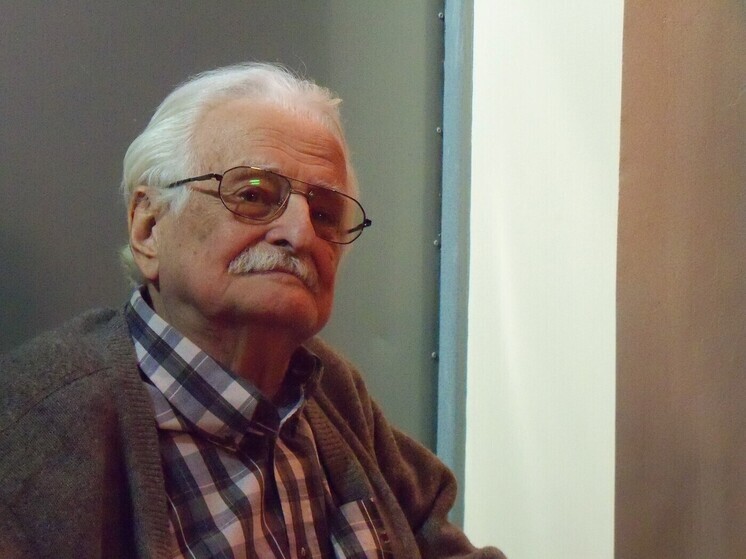
Perhaps his most personal work, “Infinity” (1992), was a cinematic meditation on life, death, and memory. Khutsiev himself considered it deeply important, reflecting his own philosophical musings:
“Who among us doesn`t ponder life`s end? It`s difficult to overcome the feeling of our finite presence on Earth. I crossed that barrier and stopped being afraid, entrusting myself to fate. The main thing is that everything lives on after you.”
This sentiment, prioritizing the “quality of days over the quantity of years,” wasn`t just a cinematic theme but a guiding principle for the man himself. He was known for his gentle demeanor, sharp wit, and an uncanny ability to make those around him feel cherished.
Nevechernyaya: A Cinematic “Caucasian Chalk Circle”
As his centenary arrives, renewed attention focuses on “Nevechernyaya,” his final, ambitious project about the legendary encounters between Leo Tolstoy and Anton Chekhov. The film, which remained unfinished at the time of his passing in 2019 at the age of 93, has become the subject of a real-life drama, echoing Bertolt Brecht’s “The Caucasian Chalk Circle”. In Brecht`s play, two women dispute custody of a child, which is decided by a literal chalk circle test. Here, the “child” is Khutsiev`s artistic vision, and the “disputants” are various parties claiming rights and interest in its completion. One might even discern a hint of irony in how fiercely the film business, often accused of pragmatism over purity, now contests the fate of a work that once struggled so mightily for attention.
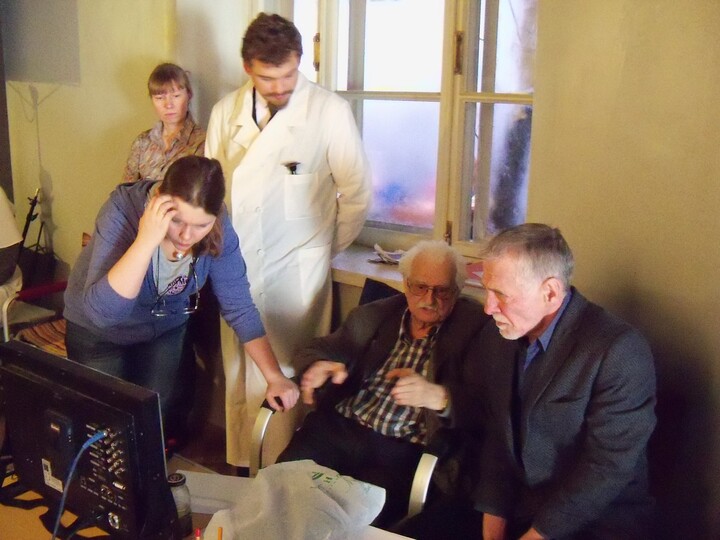
Khutsiev poured nearly a decade into “Nevechernyaya,” an endeavor fraught with financial hurdles. Securing funding in the contemporary film landscape proved an “incredibly difficult task,” as he once described it, lamenting the “greed” that often dictates artistic pursuits. Yet, a heartfelt article in a prominent newspaper once moved an anonymous benefactor to provide the crucial funds needed to resume filming, offering a glimmer of hope for the director`s enduring vision. He had even expressed a desire to include the story of Hadji Murad on the North Caucasus, dreaming of its completion: “Next year, I hope the film will be ready. If only I live that long!” He did not.
The film chronicles the meetings between Tolstoy and Chekhov, including a poignant scene where the elder writer visits an ailing Chekhov in a Moscow hospital. Khutsiev`s meticulous casting saw Vladislav Vetrov, a Tagarog native (Chekhov`s birthplace), embody Chekhov, while Mikhail Pakhomenko portrayed Tolstoy, chosen for his “uncluttered” face. The director`s dedication extended to addressing his actors as “Leo Nikolaevich” and “Anton Pavlovich” on set, blurring the lines between art and reality.
Echoes of the Past, Hopes for the Future
The struggle to complete “Nevechernyaya” is eerily reminiscent of the challenges Khutsiev faced throughout his career. “Ilyich`s Gate,” for example, was initially suppressed and heavily edited due to ideological objections, particularly a scene where a young man speaks with his deceased father, who admits he`s too young to offer advice on “how to live.” Khrushchev famously condemned the scene, questioning its “truthfulness.” Yet, none other than Federico Fellini, visiting Moscow in 1963, lauded it, recognizing its profound humanity. History, it seems, has a peculiar way of rhyming.
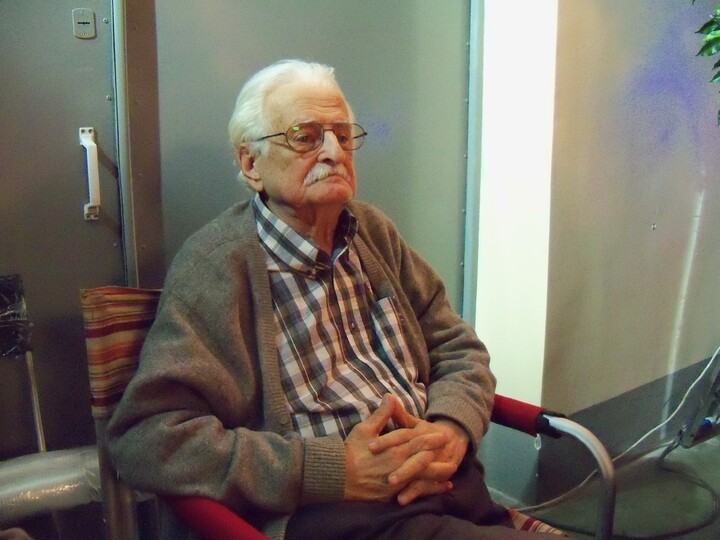
Shortly after Khutsiev`s death, a version of “Nevechernyaya” was screened at the Moscow International Film Festival, presented under a different title, “My Beloved Life,” and incorporating contemporary footage. This sparked debate among his inner circle and film historians, who questioned whether it truly honored the director`s original intent. Film historian Naum Kleiman, however, emphasized the material`s inherent value as the “last work of an outstanding master,” regardless of its posthumous alterations. He sagely noted, “Marlen Martynovich himself is the answer to the dispute between Chekhov and Tolstoy.”
Today, the quest to realize Khutsiev`s final vision continues. His son, Igor Khutsiev, has entrusted the challenging task of assembling the film to director Ali Khamraev, who, alongside a student of Alexander Sokurov, is endeavoring to piece together Khutsiev`s scattered footage—combining film and digital, wrestling with audio inconsistencies—to create a coherent whole. It’s a delicate dance, seeking to preserve the “light breath of Khutsiev” while navigating the complexities of fragmented archives and disputed rights. It speaks volumes that, even after years, the group Khutsiev assembled for “Nevechernyaya” remained in his memory: “In all my life, quite long and measured by films, I`ve worked with various groups. There were very good ones among them, but I haven`t met one like this. This meeting gave me strength.”
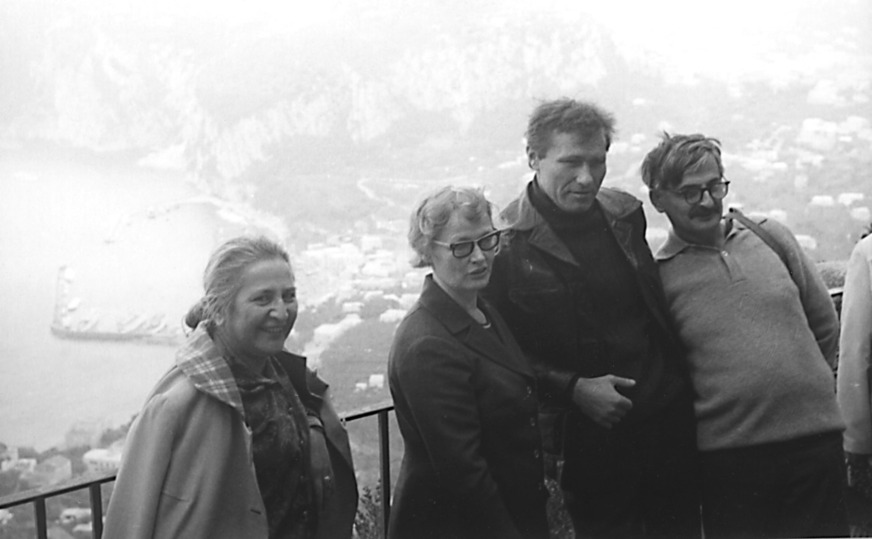
Born in Tbilisi, Khutsiev famously called himself a “Moscow-bottled Georgian.” His name, a portmanteau of Marx and Lenin, stood in stark contrast to his baptismal name, David, a detail only widely revealed at his funeral. His varied life, including studying at VGIK after a quirky journey to Moscow that involved losing his trousers and attending exams in borrowed white pants and an overcoat, contributed to his unique perspective and charm as a storyteller. His students, too, reflect this diversity, ranging from Orthodox priests to internationally acclaimed Mauritanian filmmaker Abderrahmane Sissako, who once described meeting his teacher after two decades as “returning to his father.”
Marlen Khutsiev was more than a filmmaker; he was a storyteller of life`s intricate tapestry, a sensitive soul with a profound understanding of the human condition. His legacy is not just in the films he completed, but also in the questions he raised and the enduring quest to honor his unfulfilled artistic dreams. As the cinematic world commemorates his 100th birthday, the narrative of “Nevechernyaya” serves as a powerful reminder: some circles, whether chalk or cinematic, are meant to remain unbroken, a testament to a vision that transcends time.




